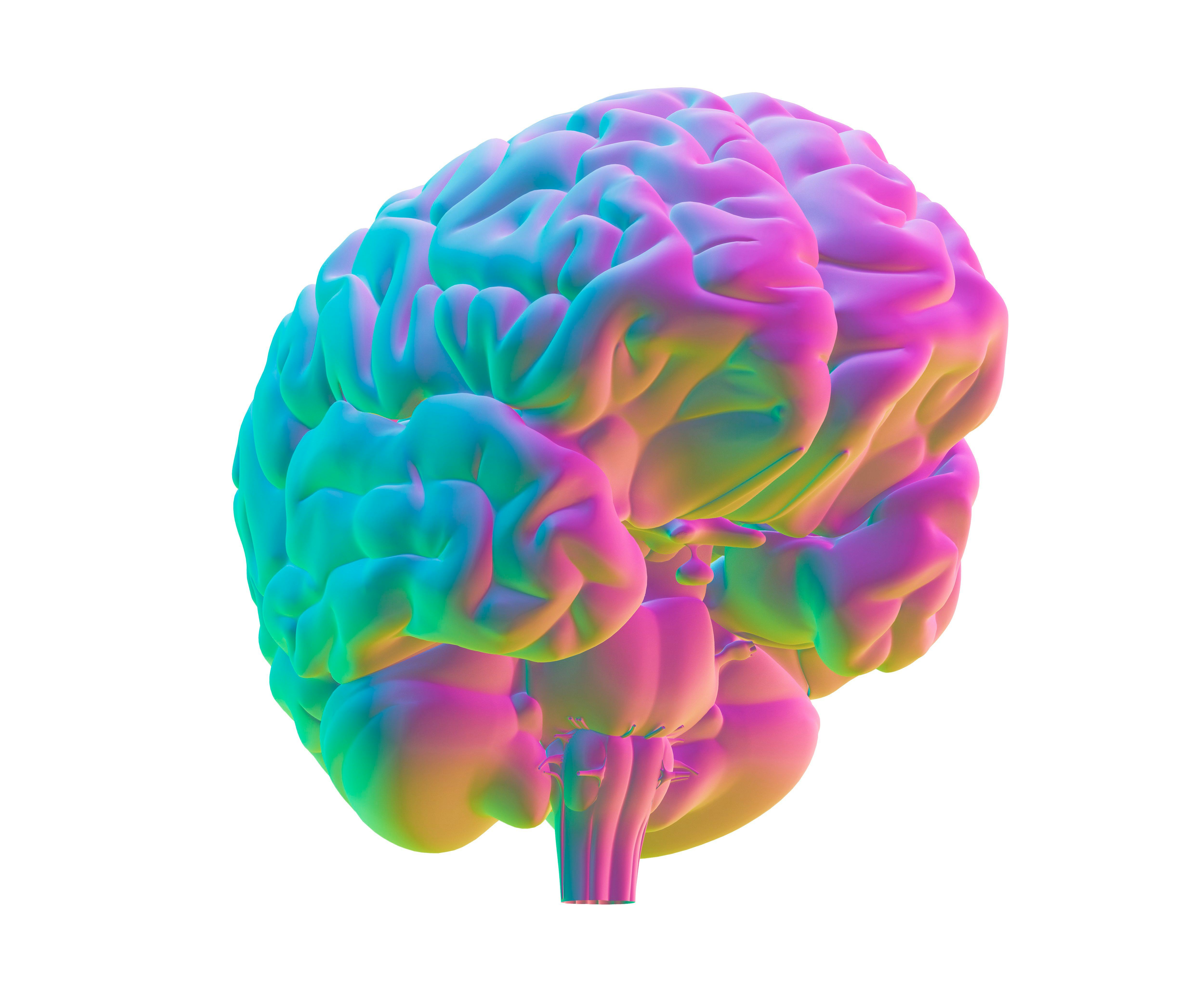
We know that exercise benefits mental health. We also know that many people don’t like to exercise — a puzzle for scientists looking to use exercise to treat mental health issues.
Jacob Meyer, an assistant professor at Iowa State, and his team are among those who want to discover more “useful and practical ways to use exercise,” he tells me. They discovered a curious connection: Exercise may augment the power of therapy.
This theory is that exercise can create a window of time in which a person with depression may have an easier time doing something psychologically or cognitively demanding. An initial study published in March 2022 supports this claim, while an unpublished pilot study shows it in action: In a small group of 10 participants, exercising for 30 minutes before an hour of virtual cognitive behavioral therapy experienced a reduction in depression symptoms.
“We really want to figure out ‘how’ or ‘why’ this is happening — what is happening in the body that is leading to how people feel differently afterward?” Meyers says.
“Determining what types of activities post-exercise could be helped the most is certainly high on the list to address, particularly in adults with depression or other mental illnesses.”
How exercise affects mental health

Meyer and colleagues worked with 30 people who experienced major depressive episodes in the first study. The researchers divided the participants into two groups that sat or cycled for 30 minutes. They were surveyed before, during, and immediately after the activity, and then they were interviewed again 25, 50, and 75 minutes later. The research team evaluated their mood, cognitive function, and levels of anhedonia — the inability to feel pleasure from things that typically cause happiness.
The results suggest only the cycling group experienced an improvement in mood and anhedonia during the half-hour session, which lasted up to at least 75 minutes after the workout ended.
The results suggested to Meyer that exercise could lead to a more effective therapy session. They evaluated the idea further in a study in which 5 out of 10 participants exercised for 30 minutes before undergoing an hour of therapy. They exercised however they wanted at moderate intensity.
After eight weeks, all 10 participants found the therapy beneficial, but the exercise group had more pronounced reductions in depression symptoms. This group also felt closer to their therapist.
Why precisely this happened requires further study, but for now, the pilot study suggests these benefits are “doable and are worth pursuing in a larger study,” Meyer says.
Despite the wide range of studies that endorse exercise for better mental health, most people receiving mental health care aren’t technically prescribed exercise. It’s possible that increasingly clear-cut understandings of this link could result in more precise help.
In the meantime, the foundational knowledge rings true: Moving your body is good for your brain.







